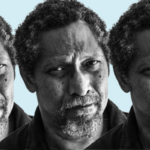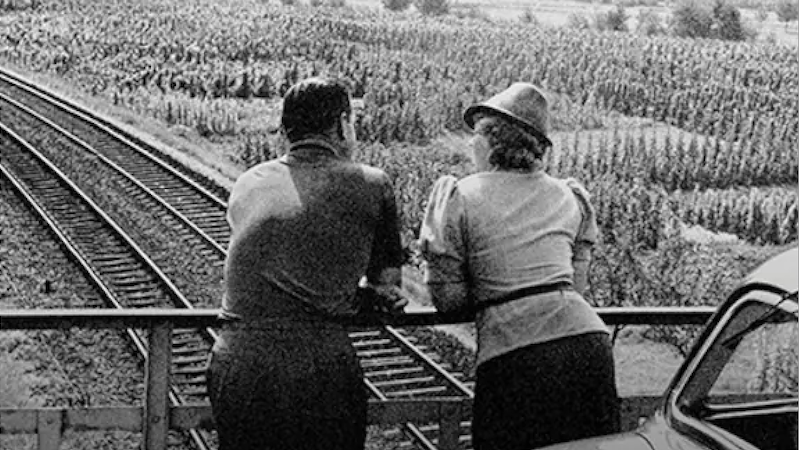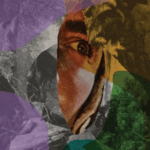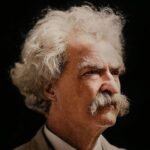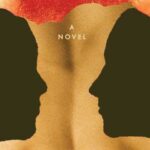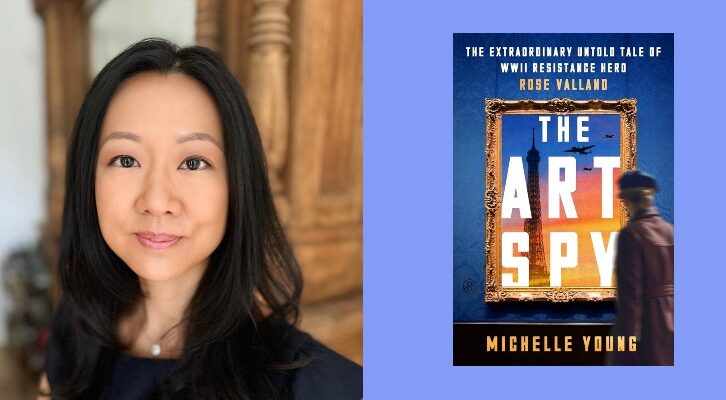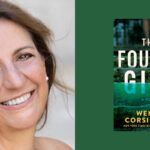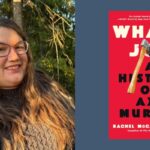TODAY: In 1968, Mercedes de Acosta dies.
- What’s Wendy Chen reading now and next? Diana Arterian annotates the poet’s nightstand. | Lit Hub Criticism
- Maris Kreizman on PEN America and what happens when “some free speech is more privileged than others.” | Lit Hub Craft
- “Even where Audubon’s original was complete, Havell sometimes made improvements.” Kenn Kaufman on John James Audubon’s bird paintings and artistic collaboration. | Lit Hub Art
- Fiona Warnick considers what a gardening journal can document and why you should keep one (even if you don’t have a garden). | Lit Hub Craft
- Lucas Mann talks to Brian Gresko about fatherhood, writing, and the essay as an act of care. | Lit Hub In Conversation
- “Can a novel be both blunt and exquisite?” 5 book reviews you need to read this week. | Book Marks
- “I thought about how life started, for all of us. That experience we all have in common.” Lucy Jones on how pregnancy changes someone forever. | Lit Hub Memoir
- Simon Van Booy on dead pets, the writing process, and letting go. | Lit Hub Craft
- “Someone had spotted something unusual moving in the Red Grove’s cliffs. High up in an alcove, a mountain lion had made a den for her three kittens.” Read from Tessa Fontaine’s new novel, The Red Grove. | Lit Hub Fiction
- “Targeting books is not a new practice, and it has a violent history.” Adania Shibli on book bans and the destruction of Palestinian literature. | The Paris Review
- “While Clowes and Tomine often take what I view as a lit-fic-realist approach, Wylesol reduces these anxieties to an almost primal, forceful communication.” Hagai Palevsky gives a deep reading of the works of George Wylesol and Kevin Huizenga. | The Comics Journal
- On Paul Auster’s 4321: “Such is the loss of a voice and the marking of a life: sudden, unequivocal, cruel.” | The Millions
- “We must not turn away in despair”: Olivia Snaije talks to Luke Leafgren, translator of Tale of a Wall by Nasser Abu Srour, a Palestinian writer serving a life sentence in Israeli prison. | Words Without Borders
- Emet North on the inherent queerness of many worlds narratives: “To consider an alternate self is to free your imagination from the consequences that weigh on any real decision.” | Reactor
- In poetry, who do we refer to when we talk about the speaker? Elisa Gabbert investigates. | The New York Times
- “Where, during my college experience, history was clearing its throat, it now speaks with gusto.” Dylan Saba on the stakes of the movement. | The Nation
Article continues after advertisement




